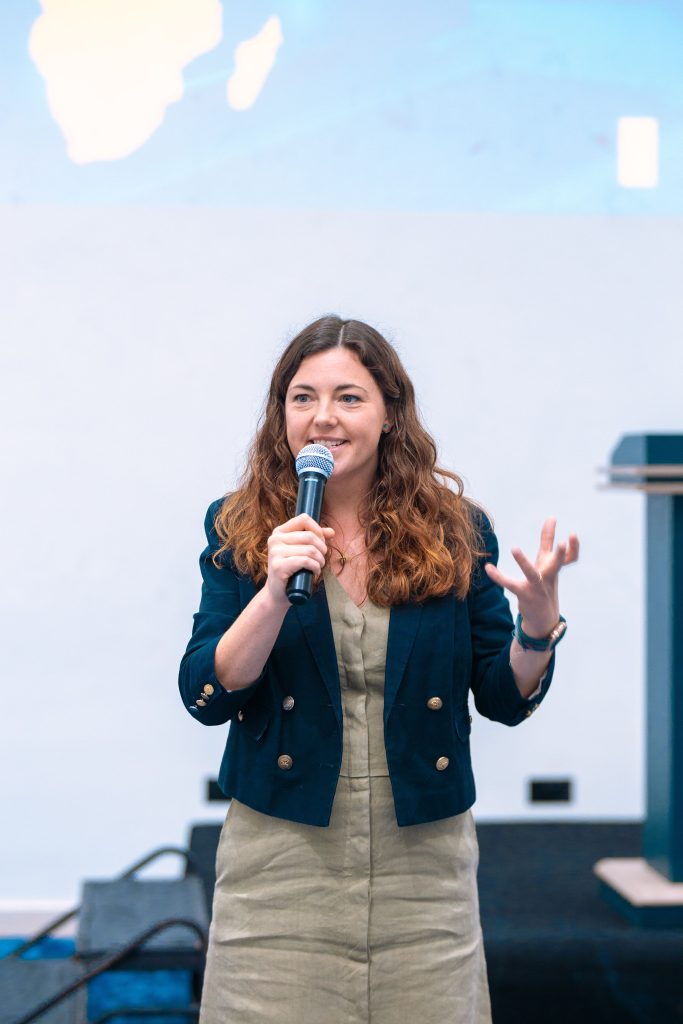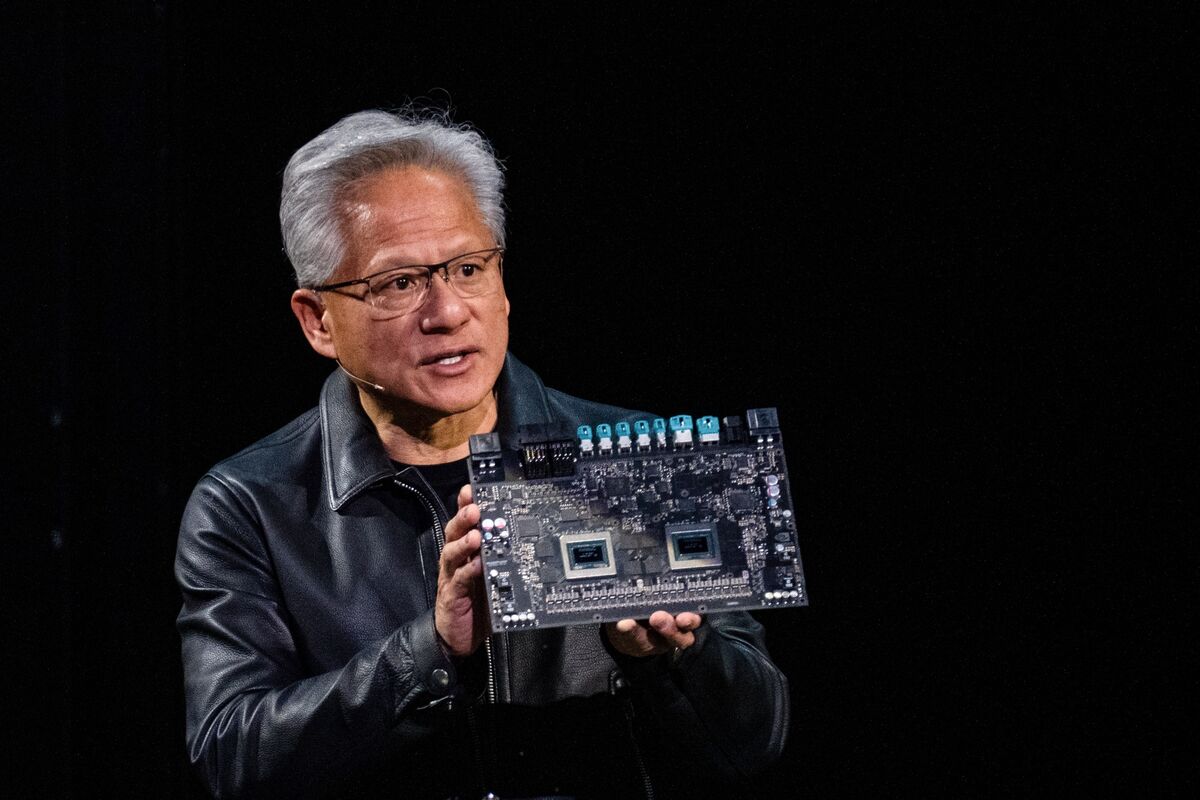Copyright ghanamma

By Eric Appah Marfo Accra, Oct. 29, GNA – Madam Francesca Quirke, Gender Equality and Social Inclusion Specialist at TAG International, a global security and resilience consultancy, has called for balanced female representation at the decision-making table on cybersecurity issues to promote a fairer and more secure digital space. She observed that inequalities experienced in the physical world were being replicated in the digital sphere, often leaving women and other vulnerable groups exposed to exclusion and online violence. “There is, therefore, the need to create more room for women to thrive and contribute meaningfully to the cyber space,” she told the media on the sidelines of the Cyber Security 360 Workshop in Accra on Monday. The three-day workshop, organised by Women in Cyber Security (WiCyS) West Africa Affiliate, forms part of activities marking Ghana’s National Cyber Security Awareness Month, on the theme: “Building a safe, informed and accountable digital space- Strengthening Our Human Firewall.” It was organised in partnership with the CSA and supported by TAG International through the UK Government’s FCDO Africa Cyber Programme. The event brought together cyber experts, journalists, civil society and non-governmental organisations, and small and medium-sized enterprises to develop critical skills in identifying misinformation and enhancing cyber resilience. Madam Quirke said while the digital era offered immense opportunities for social and economic growth, those opportunities could only be equitably realised when women and underrepresented groups were made part of the structures and systems that governed the cyberspace. She said those inequalities needed to be addressed to create that safe and secure world in which more diverse voices were represented to “counter the violence and harms that are being done.” “We need to stand together to recognise who’s being silenced, who’s not being invited into the space, who’s not being given leadership opportunities, how are women being held back in the home and in the workplace,” she said. Madam Quirke noted that women’s involvement must go beyond mere participation to leadership, where their perspectives could help shape cybersecurity frameworks and digital safety policies. Men also had a crucial role to play as allies in advancing gender inclusion within the digital ecosystem, she added. She said TAG International, through the Africa Cyber Programme funded by UKAID, was supporting governments’ initiatives to strengthen cybersecurity across the continent with a deliberate focus on gender equality and social inclusion. “And the FCDO and TAG International are really committed to ensuring that all of the work being done to enhance cyber security has this lens of gender equality and social inclusion” she added. Madam Quirke highlighted the importance of addressing gender biases from early childhood, noting that cultural perceptions about boys and girls often shaped how they engaged with technology and caregiving roles later in life. Empowering both boys and girls with equal opportunities would enable them to share responsibilities and support each other in the workplace, home, and wider community, she said. “As parents, as mothers, how are we raising our sons and how are we raising our girls? How are we giving them equal opportunities to learn the skills that are important? And I’m not saying that only girls should learn about technology, but boys also, how can they learn about caregiving?” “The problem is that we often devalue caregiving and domestic work, but it’s the glue that holds our society together. It’s what creates families, what creates societies,” she explained. Her advocacy formed part of a broader conversation on day one of the WiCyS workshop on promoting gender-responsive approaches to digital transformation and ensuring that technology served as a tool for inclusion rather than exclusion. Day one of the workshop also featured a panel discussion titled: “The Human Firewall: Why People Are the First Line of Defence.” The panelists; Ms Julia Asante-Mensah, Secretary of WiCyS West Africa Affiliate; Ms Georgette Mirekua Kissi, Network and Security Engineer at the University of Ghana; and Ms Elizabeth Amankwah, Events and Programmes Lead of WiCyS West Africa Affiliate, encouraged participants, especially the females, to upscale their potential through personal grooming and continuous self-development in order to properly position themselves for opportunities within the cyberspace. Participants were also urged to become ambassadors of cybersecurity awareness by carrying out sensitisation campaigns in simple, relatable ways, using local languages and practical illustrations to reach wider audiences. Edited by Agnes Boye-Doe



